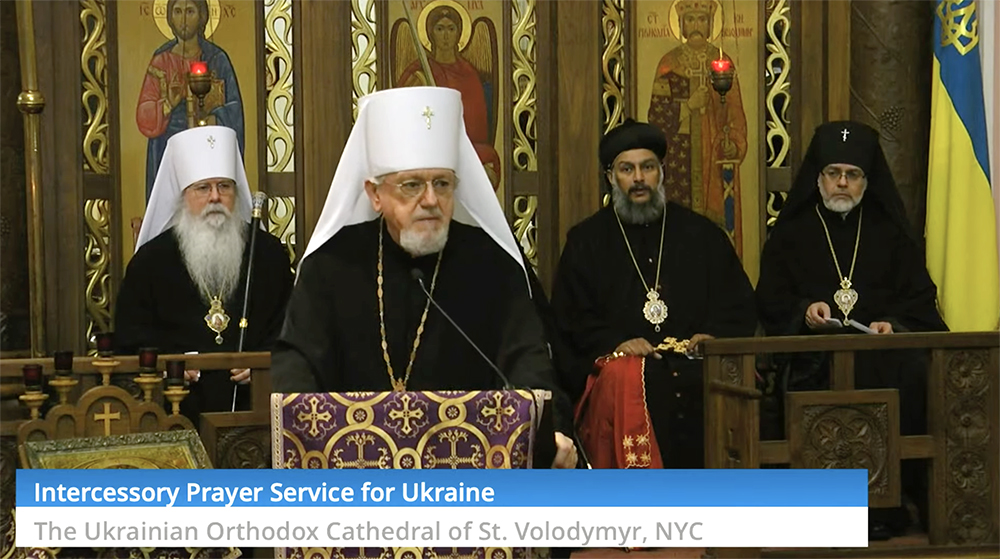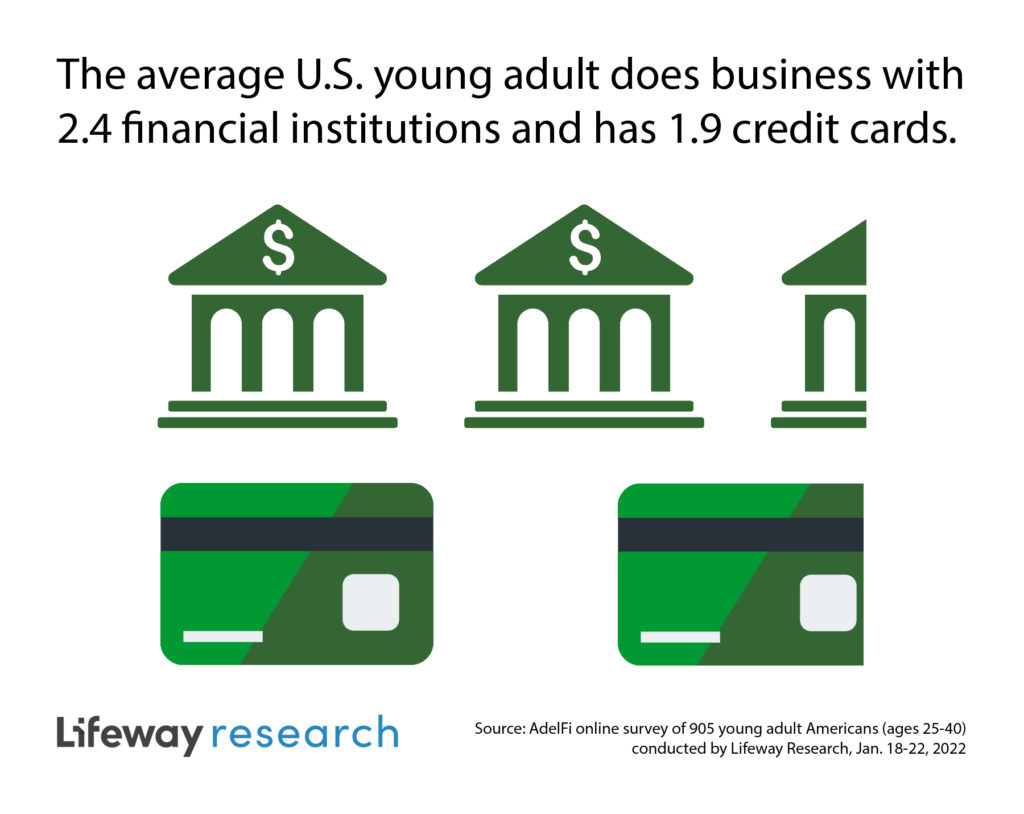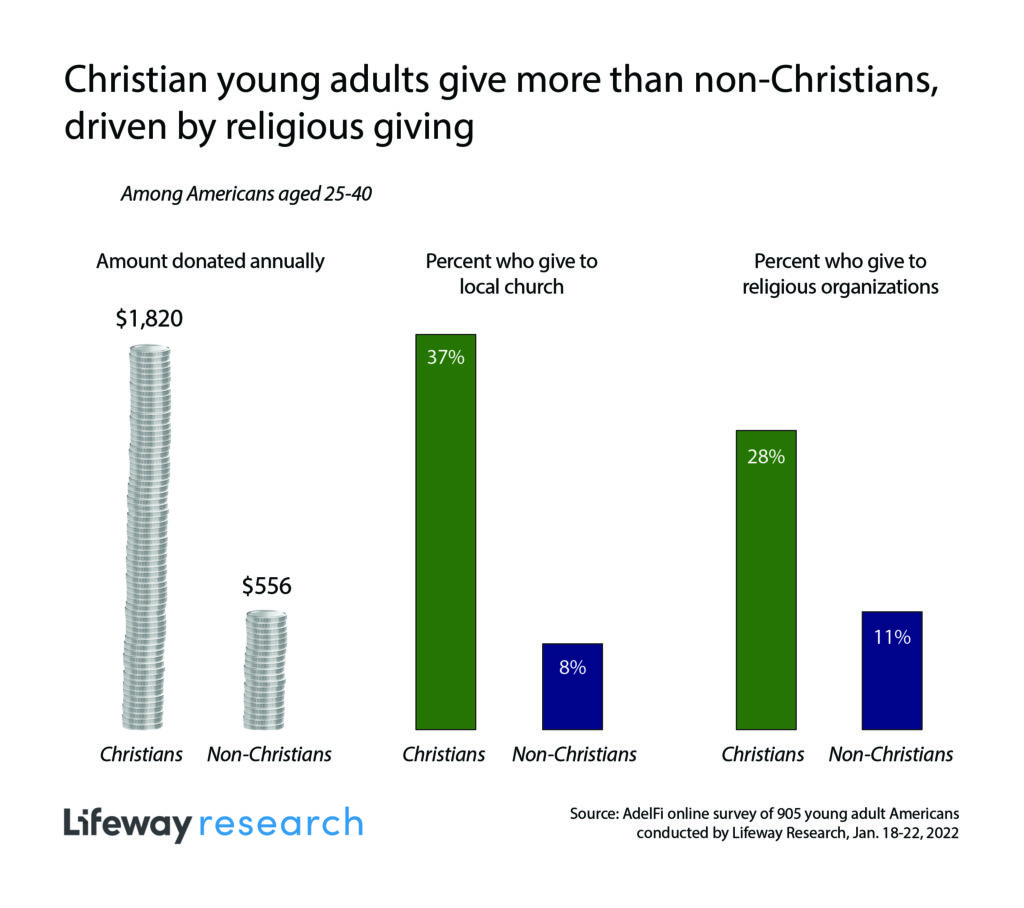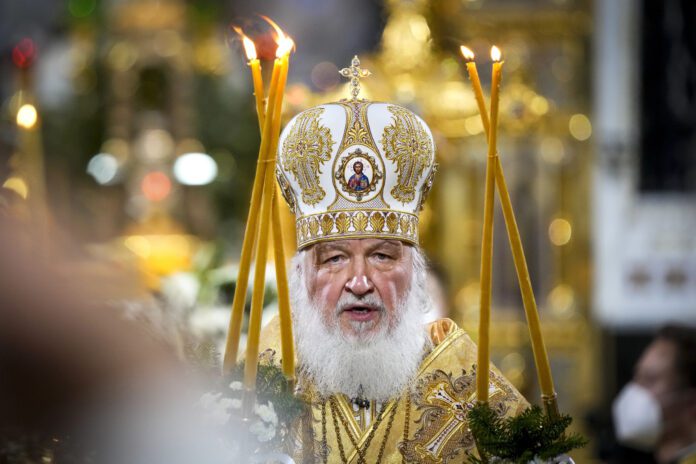“Father, why’d you get so upset at that man who helped the lady?”
Everyone else seemed to be celebrating at synagogue when the visiting teacher had helped Miss Ruth. But not his dad. His father, a religious leader, was indignant at the traveling teacher. Rather than celebrating he rebuked the congregation, and not so subtly the teacher. It sure put a damper on Miss Ruth’s great day.
It wouldn’t have added to the conversation to admit that he’d also been part of the group who had been teasing the strange lady who seemed to always be staring at the floor. Joshua remained silent on this point, but he was abundantly curious about his father’s rebuke of what seemed like a work of God.
“I was upset, Joshua, because the Law matters, the temple matters and holiness matters. It is very clear in our Law that we are not supposed to do work on Sabbath. This woman had been disabled for 18 years. If this teacher was authentic he would have waited until sundown to do his healing. It could have waited.”
This answer didn’t make much sense to Joshua. Had he been a little younger his father would have been dealt a barrage of ad infinitum “why” questions. But he was older and had to be more cautious in his approach.
“Why is it okay to help somebody on one day but not another?”
Joshua’s father tried to explain.
“You see, Joshua, there was a time when our temple was destroyed, our homeland was razed, and we were carried off into a foreign land. All of this was because HaShem (the Name) was displeased because we did not honor him. We were guilty of things like profaning the Sabbath. When we returned to the land our fathers wanted to make certain we did not break the Law anymore.”
“You mean like making sure people didn’t get healed on the wrong day,” Joshua interjected perhaps a bit too forcibly.
“No! We do this because we want to honor the Sabbath.”
Josh interjects a bit more forcefully this time, “But how does that honor the Sabbath!”
Josh is beginning to get a bit more heated as the cognitive dissonance ratchets up. He starts thinking about all the rules his family has lived by, rules about tying knots, picking up sticks, writing letters, number of steps taken. It is all starting to collapse for him.
His father tries a bit harder to bring Josh back to the family way. “It honors the Sabbath because that’s what we are called by God to do! It is clear from the Law that this should have waited for tomorrow!!!!”
“I just don’t understand, father, where do you read this? Where in the Law does it say this?”
Josh’s father grabs out a scroll and points to Leviticus 23 and then another from Exodus. “Here, Josh! It’s clear. Read it, son. Do not disgrace your father.” They read the scroll:
For six days shall work be done, but on the seventh day is a Sabbath of solemn rest, a holy convocation. You shall do no work. It is a Sabbath to the LORD in all your dwelling places.
“See, son. The Law is clear. That is why I was so angry with that woman and the teacher. They profaned the Sabbath. To not confront this could have made all of us guilty.”
Josh walks away, rolling his eyes, and wondering why his dad just doesn’t get it.
When You Forget the Why
One of the most valuable lessons I learned in seminary came from Dr. Donald Whitney in a class on spiritual disciplines. On the class schedule there were two days marked “fasting.” We were required to fast.
I’ll be honest, I bristled at this being on the calendar. It felt really stupid and legalistic. Fasting didn’t seem like the type of thing you should do for a grade in a class. We were supposed to do the fast and write our experience in a journal.
The day came for the first fast. We hadn’t been taught a single thing about the practice, just that we had to do it. I did it, but rather begrudgingly. I tried praying some. Tried muscling through it and making at least some spiritually profound lesson out of it. In truth, it was terrible and it was a mostly empty experience.
When we came to class I was kind of surprised to hear Dr. Whitney say something like, “That was pretty bad wasn’t it?” And that’s when he taught us the lesson:
Discipline without direction is drudgery.
We didn’t know why we were fasting. We didn’t have any purpose to it. We didn’t know a theology of fasting. It was just a discipline without any direction. Much like “Honor the Sabbath.”



























